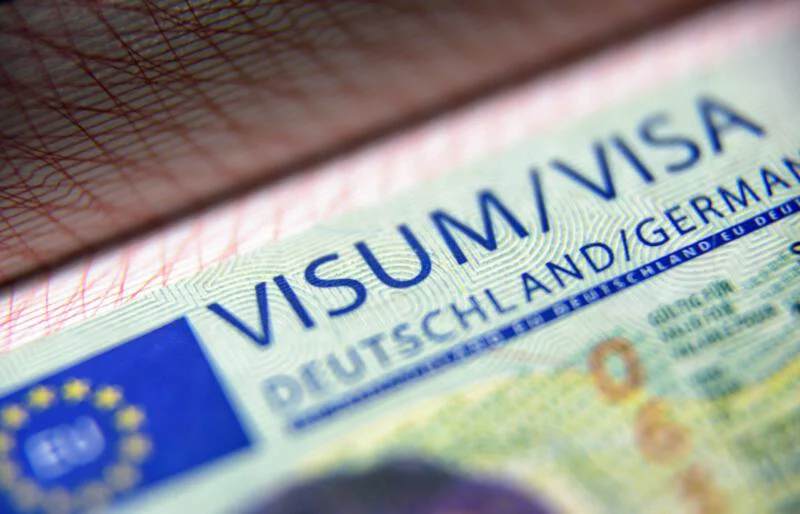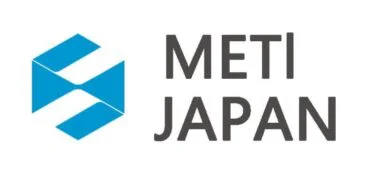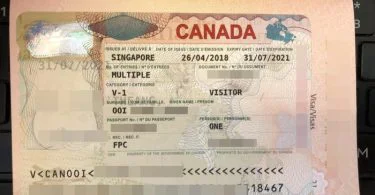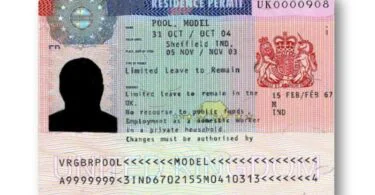Germany is experiencing severe labor depletion, with more than 530,000 skilled employee openings. Regardless of the demand, bureaucratic stress delays the visa procedure, making it difficult for international experts to get employment. Below is what employment seekers and skilled employees must understand concerning working in Germany.
Table of Contents
Germany’s Developing Demand For Skilled Employees
Recent German Economic Institute (IW) research points out a crucial depletion of skilled experts. Significant sectors, primarily healthcare, quickly demand eligible employees, yet several international experts experience long visa processing periods. Germany’s developing population and increasing demand for healthcare services will worsen these depletions in the future.
Difficulties In Visa Processing For International Employees
Regardless of Germany’s demand for skilled employees, visa delays remain a significant obstruction. Several experts, such as a Turkish physician waiting for a national visa, highlight that processing takes months to years. High administrative expenses add to the difficulty.
International Experts In Germany’s Healthcare Industry
Germany has highly depended on international healthcare employees to complete crucial openings. In 2023, global citizens reported for 12% of all physicians in the nation, up from 7%. This number has more than tripled in the past years, indicating a developing dependence on foreign healthcare experts.
Reports show that 62,000 physicians in Germany did not hold German citizenship in 2023, making medicine one of the most identified international certifications.
Most In-Demand Employments In Germany For 2025
The current EURES data shows that more than 70 professions are depleted in Germany’s labor market. Some of the most in-demand employments comprise:
Should you find this piece engaging, we kindly invite you to explore the wealth of content in our other articles:
- Healthcare experts: Nurses, Doctors, Physiotherapists, medical technicians.
- Dental assistants and therapists
- Skilled trades such as electricians, welders, and plumbers
- Engineering and Information Technology experts
- Nursing associates and therapists
More Than 16,000 Healthcare Openings Are Available
The healthcare and nursing industry is experiencing a severe shortage, with almost 16,700 openings. Germany’s growing population and increasing healthcare demands will continue to boost this request.
Germany’s Visa Processing: Major Statistics
The Federal Foreign Office processed almost two million visa requests in 2024 and accepted 419,000. Part of these:
- 172,000 work visas were accepted
- 124,000 family reunification visas were awarded
- 99,000 student visas were provided
- 24,000 were provided for other intentions.
Routes For Skilled Workers Looking For Jobs In Germany
To entice international talent, Germanu has been revamping its relocation guidelines. Skilled employees seeking to relocate to Germany are required to consider the following visa routes:
- The EU Blue Card: Best for highly eligible experts.
- Germany’s skilled immigration act: Simplifies access conditions for non-EU employees.
- Identification of international certification: A relevant stage for several regulated careers, which includes healthcare.
How To Enhance Your Prospects Of Getting A German Work Visa
To increase your chances of getting a work visa in Germany, observe these steps:
- Make an application for employment in high-demand industries.
- Make sure all certifications are identified in Germany
- Assemble all needed documents before making the application
- Consider applying for an employment seeker visa if you do not have an employer yet.
Germany is looking for skilled employees, mainly in healthcare and technical areas. Hence, visa processing delays and bureaucratic difficulties remain barriers for several employment seekers. If you plan to work in Germany, preparing a solid request and aiming for in-demand employment can significantly enhance your prospects.






